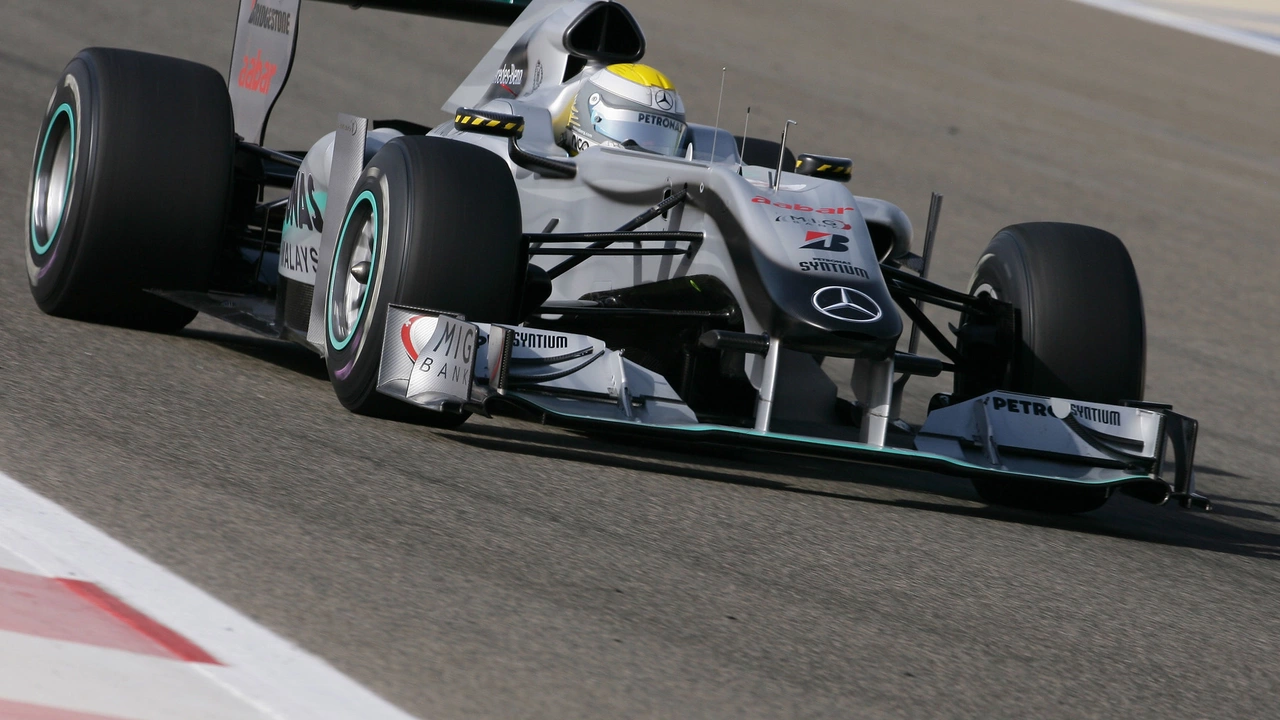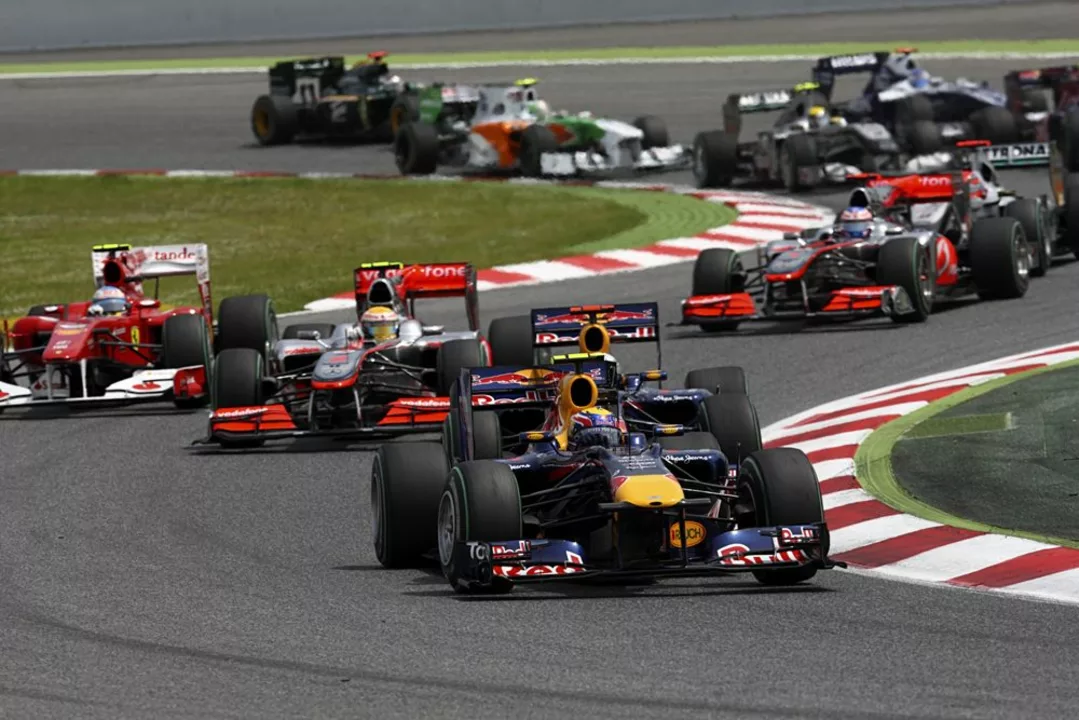Understanding the Basics: F1, NASCAR, and Indycar
Before we delve into the reasons why Formula 1 (F1) stands above NASCAR and Indycar, it's crucial to understand the basics of these three racing formats. NASCAR, short for National Association for Stock Car Auto Racing, is primarily based in the United States and is known for its stock car races. On the other hand, Indycar, also predominantly American, is recognized for its open-wheel racing, similar to F1. Formula 1, a global sport, is an international championship of open-wheel auto racing. While all three sports have their unique charm and fan base, there are several reasons why F1 is considered superior.
Global Scale and Prestige
F1 races, also known as Grands Prix, are held worldwide on prestigious tracks from Monaco to Singapore, making it a truly global sport. This international exposure brings together a diverse mix of fans from different cultures and backgrounds. In contrast, NASCAR and Indycar races predominantly take place in the United States, limiting their international appeal.
The Innovation Factor
Formula 1 is renowned for its technological innovations and advancements. F1 teams constantly push the boundaries of what's possible in automotive technology, leading to developments that often find their way into everyday vehicles. This emphasis on innovation is not as pronounced in NASCAR and Indycar.
Driver Skills and Diversity
Formula 1 drivers are often lauded for their exceptional driving skills. The diverse range of tracks, from city circuits to traditional racecourses, tests a driver's abilities to the fullest. Moreover, F1 attracts drivers from all over the world, adding another layer of diversity that is not as prominent in NASCAR or Indycar.
Safety Measures
Over the years, F1 has made significant strides in improving safety measures, resulting in fewer accidents and injuries. From advanced helmets to the introduction of the halo device, F1's commitment to safety is unparalleled. While NASCAR and Indycar also prioritize safety, F1 has been at the forefront of major safety innovations.
Competitive Balance
F1 offers a higher degree of competitive balance compared to NASCAR and Indycar. In F1, the outcome of races is less predictable, and there is a greater possibility for underdogs to surprise. This unpredictability makes F1 races more exciting and engaging for spectators.
Rich History and Traditions
With its roots dating back to the early 20th century, F1 has a rich history filled with legendary drivers and iconic moments. This deep-rooted history and tradition lend a unique charm to F1 that is hard to match for NASCAR and Indycar.
The Spectacle of F1
From the roaring sound of the engines to the thrilling overtakes, F1 races are a spectacle to behold. The grandeur of F1, combined with its global reach and high-profile sponsorship deals, gives it a glamorous image that sets it apart from NASCAR and Indycar.
Conclusion: The F1 Advantage
In conclusion, while NASCAR and Indycar have their strengths and hold a significant place in motorsport, F1's global appeal, technological innovation, driver skill requirements, safety measures, competitive balance, rich history, and overall spectacle make it a superior racing format. Of course, personal preference plays a role in which sport one enjoys more, but from a broad perspective, it's clear that F1 has several advantages that set it apart from its counterparts.






